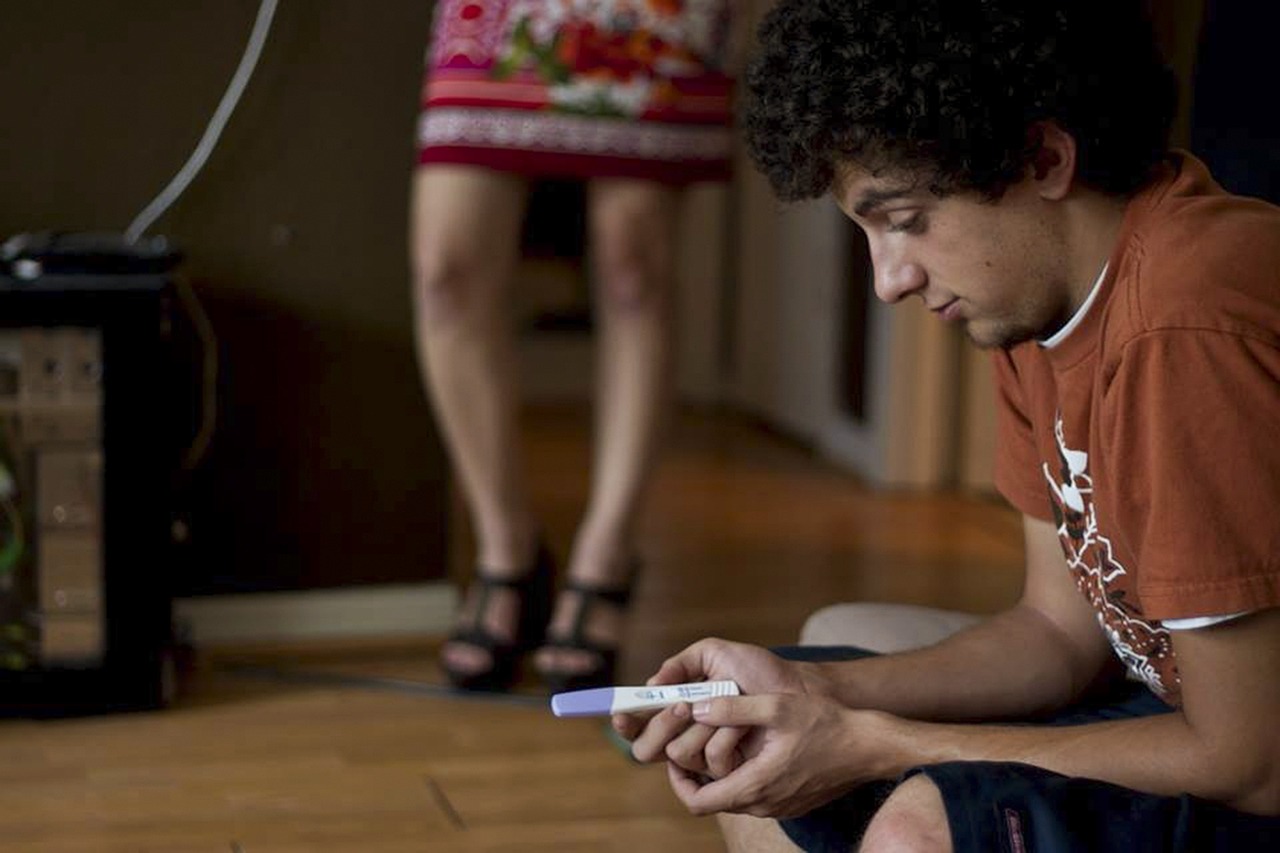The Impact of Hearing Loss on Independent Living
betbook247, radhe exchange registration, my laser247.com:Hearing loss is a common condition that affects millions of people worldwide. It can have a significant impact on a person’s quality of life, including their ability to live independently. In this article, we will explore the ways in which hearing loss can affect a person’s independence and provide some tips on how to cope with this condition.
Living independently is an important aspect of life for many people. It allows individuals to take care of themselves, make their own decisions, and maintain a sense of autonomy. However, for individuals with hearing loss, living independently can present unique challenges.
1. Communication difficulties
One of the most significant ways in which hearing loss can impact independent living is through communication difficulties. Hearing loss can make it challenging to hear conversations, phone calls, television programs, and other important auditory cues. This can make it difficult to connect with others, participate in social activities, or even carry out day-to-day tasks that require verbal communication.
2. Safety concerns
Hearing loss can also pose safety concerns for individuals living independently. Not being able to hear alarms, sirens, or other warning sounds can put individuals at risk of accidents or emergencies. Additionally, individuals with hearing loss may not be able to hear and respond to verbal warnings or instructions in certain situations, further compromising their safety.
3. Social isolation
Another common consequence of hearing loss is social isolation. Difficulty hearing and communicating with others can lead to feelings of loneliness and isolation, as individuals may avoid social situations or find them exhausting and frustrating. This can have a negative impact on mental health and overall well-being.
4. Impact on mental health
The impact of hearing loss on mental health should not be underestimated. Studies have shown that individuals with untreated hearing loss are at a higher risk of depression, anxiety, and cognitive decline. The stress and frustration of struggling to hear can take a toll on one’s mental health and overall quality of life.
5. Challenges with daily tasks
Hearing loss can also present challenges with completing everyday tasks independently. Difficulty hearing doorbells, phone calls, or alarms can make it challenging to stay on top of appointments, tasks, and responsibilities. This can lead to feelings of frustration and overwhelm, making it harder to maintain independence.
6. Coping strategies
While hearing loss can present significant challenges, there are strategies that individuals can use to cope and maintain their independence. One of the most important steps is to seek treatment for hearing loss, whether through hearing aids, cochlear implants, or other assistive devices. These can help individuals hear more clearly and confidently in various situations.
7. Communication techniques
Learning effective communication techniques can also help individuals with hearing loss navigate social situations and interactions. This can include asking others to speak more slowly or clearly, using visual cues like gestures or lip-reading, or advocating for oneself in challenging listening environments.
8. Environmental modifications
Making modifications to the home environment can also help individuals with hearing loss live more independently. This can include installing visual doorbells or alarms, using assistive listening devices, or ensuring good lighting in common areas. These modifications can make it easier for individuals to communicate and stay safe at home.
9. Seeking support
Lastly, seeking support from friends, family, or professional resources can be instrumental in coping with hearing loss. Joining support groups, seeking counseling, or working with a speech-language pathologist can provide individuals with the tools and resources they need to navigate the challenges of hearing loss and maintain their independence.
FAQs
1. How can I prevent hearing loss?
While some causes of hearing loss, such as genetic predisposition or age-related changes, are unavoidable, there are steps you can take to prevent hearing loss. This includes avoiding exposure to loud noises, wearing ear protection in noisy environments, and seeking treatment for ear infections or other medical conditions that can impact hearing.
2. Is hearing loss reversible?
In some cases, hearing loss may be reversible. For example, hearing loss caused by earwax buildup or certain medications may improve once the underlying cause is addressed. However, permanent hearing loss caused by aging, noise exposure, or other factors may not be reversible. It is important to seek treatment promptly to prevent further hearing loss and improve communication abilities.
3. How can I support a loved one with hearing loss?
Supporting a loved one with hearing loss can involve simple gestures like speaking clearly, facing the individual when speaking, and minimizing background noise. Encouraging your loved one to seek treatment for their hearing loss and providing emotional support can also make a significant difference in their quality of life and independence.
In conclusion, hearing loss can have a significant impact on an individual’s ability to live independently. From communication difficulties and safety concerns to social isolation and challenges with daily tasks, hearing loss can present unique obstacles that require proactive strategies and support. By seeking treatment, learning effective communication techniques, making environmental modifications, and seeking support, individuals with hearing loss can navigate these challenges and maintain their independence and quality of life.







